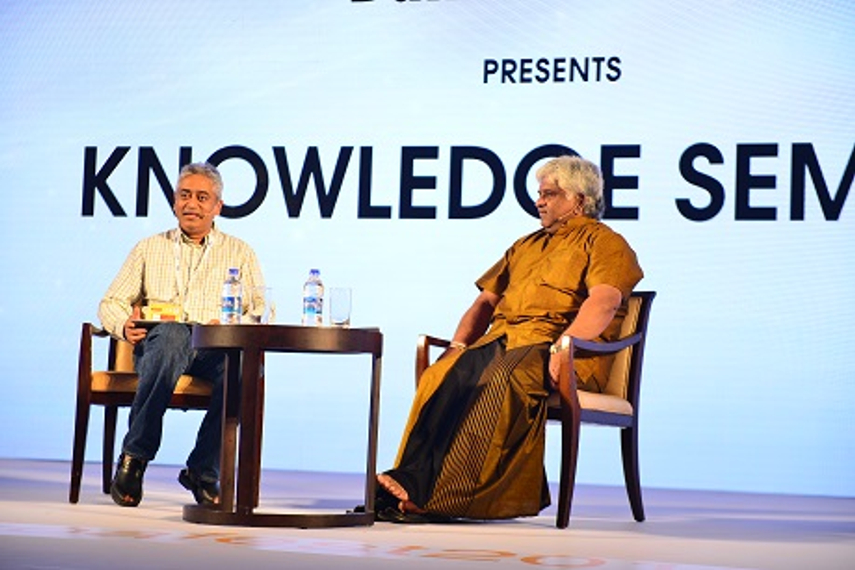
Please sign in or register
Existing users sign in here
Having trouble signing in?
Contact Customer Support at
[email protected]
or call+91 022 69047500
Former Sri Lankan cricket captain and currrent minister Arjuna Ranatunga in conversation with TV Today Network consulting editor Rajdeep Sardesai

Contact Customer Support at
[email protected]
or call+91 022 69047500
Top news, insights and analysis every weekday
Sign up for Campaign Bulletins
The group's Pankha campaign film receives the best film award in TV/Cinema (Corporate) and Digital categories.
The solution aims to automate scheduling, enhance viewership, and optimise revenue for content teams and streaming platforms.
Both businesses were won as incumbents.
With the rapid rise in popularity of chatbots like ChatGPT and Perplexity, Campaign explores the impact of an advertising model, and competition with major players like Google and Meta.